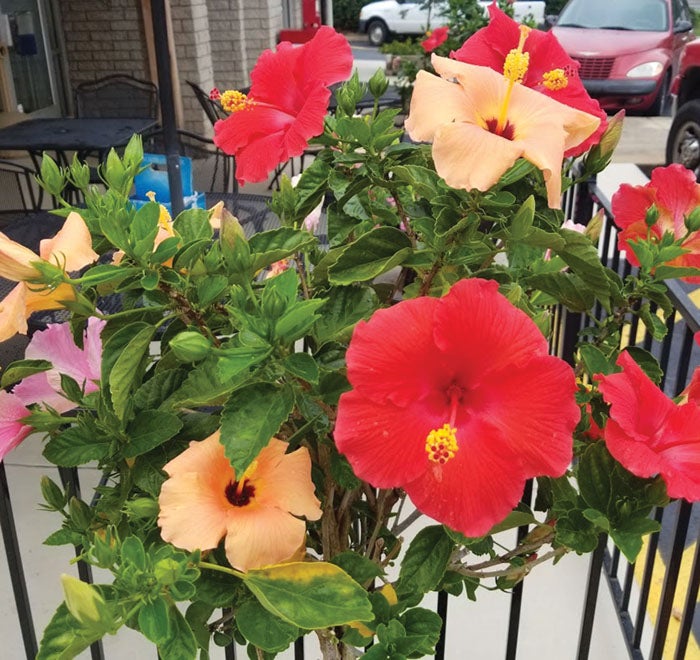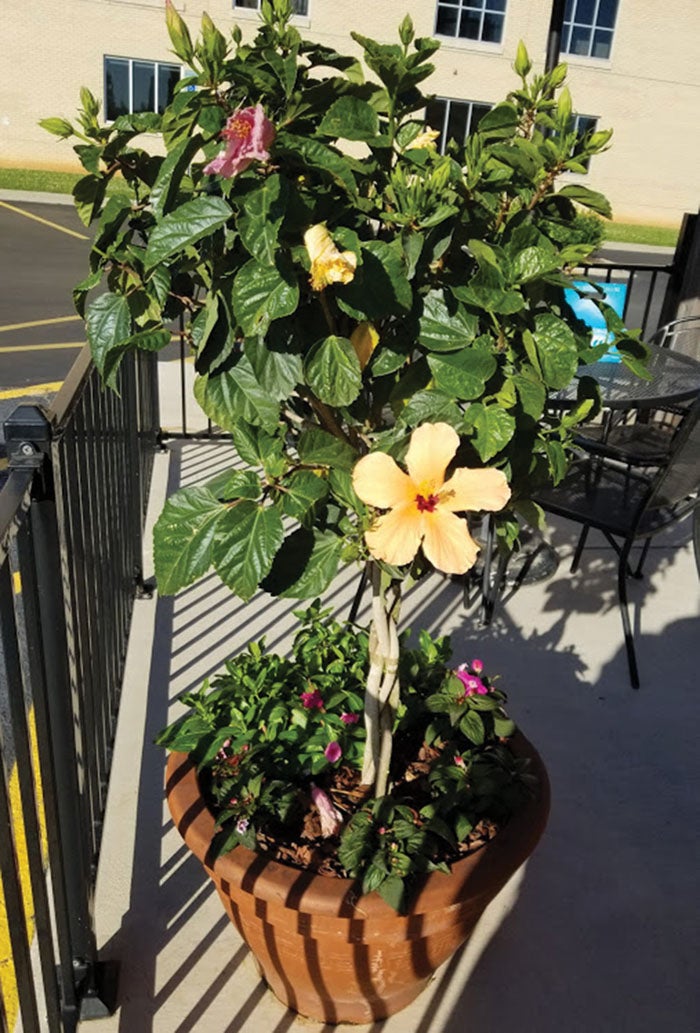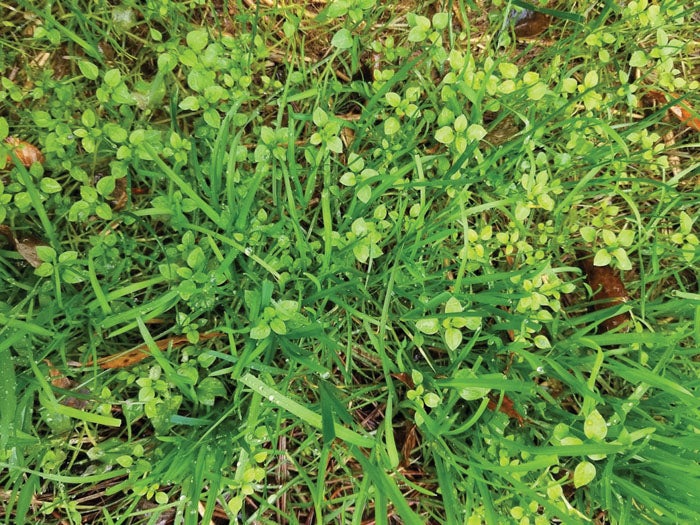Quick, before the frost hits, do these things
Published 12:00 am Friday, November 1, 2019
Frost will be here soon, and many homeowners still have gardening and landscaping chores. Inquiries concerning fall maintenance of their lawns and landscapes plants are common concerns. These recent questions below may be of relevance to your gardening situation.
Question: I have winter weeds such as henbit and chickweed already emerging in my newly seeded lawn. Can I apply some type of weed killer to kill winter weeds now that will not hurt my grass?
Answer: Yes, broadleaf lawn herbicides can be applied in the fall, but make sure your newly seeded lawn is well established. If you have mowed newly seeded areas at least three times, it can withstand a post-emergence herbicide application. Hose-on weed killers work well on early emerging, tender winter weeds.
Question: I have a couple of beautiful tree form hibiscus plants that I would like to keep for next season. Will these plants over-winter for next summer?
Answer: Unfortunately, these are tropical plants and will not survive our freezing temperatures throughout the winter. There are hibiscus cultivars that are winter hardy and will grow and bloom annually.
Question: I guess now is the time to move my house plants indoors. They’ve done well outdoors for the duration of our warm fall season. Anything special I need to do to them?
Answer: Yes, ants, spiders and other creatures often find a summer residence in house plant media. Drench the soil with a household insecticide a few days before bringing indoors to eliminate harboring insects. Follow label instructions carefully as if to spray the plants and then pour the mixed solution as you would water the plant. Group the plants together if possible and try to place them in a room with bright indirect light. Using a humidifier in the room will also help them survive the dry, indoor conditions during the winter.
Question: I want to help the birds make it through the winter, especially the bluebirds. What can I do to help feed them this winter and keep them in my yard?
Answer: Bluebirds survive on insects in the spring and summer, but during the winter, bluebirds and other bird species survive on berries. Bluebirds are attracted to berries of hollies and dogwoods as well as beautyberry, elderberry and mulberry trees. It would be beneficial to the birds if you could incorporate berry producing hollies and dogwoods into your landscape if possible. More information can be found at the official NC Bluebird website: http://www.ncbluebird.com/
Darrell Blackwelder, deblackw@ncsu.edu is the retired horticulture agent and director with the North Carolina Cooperative Extension Service in Rowan County.






